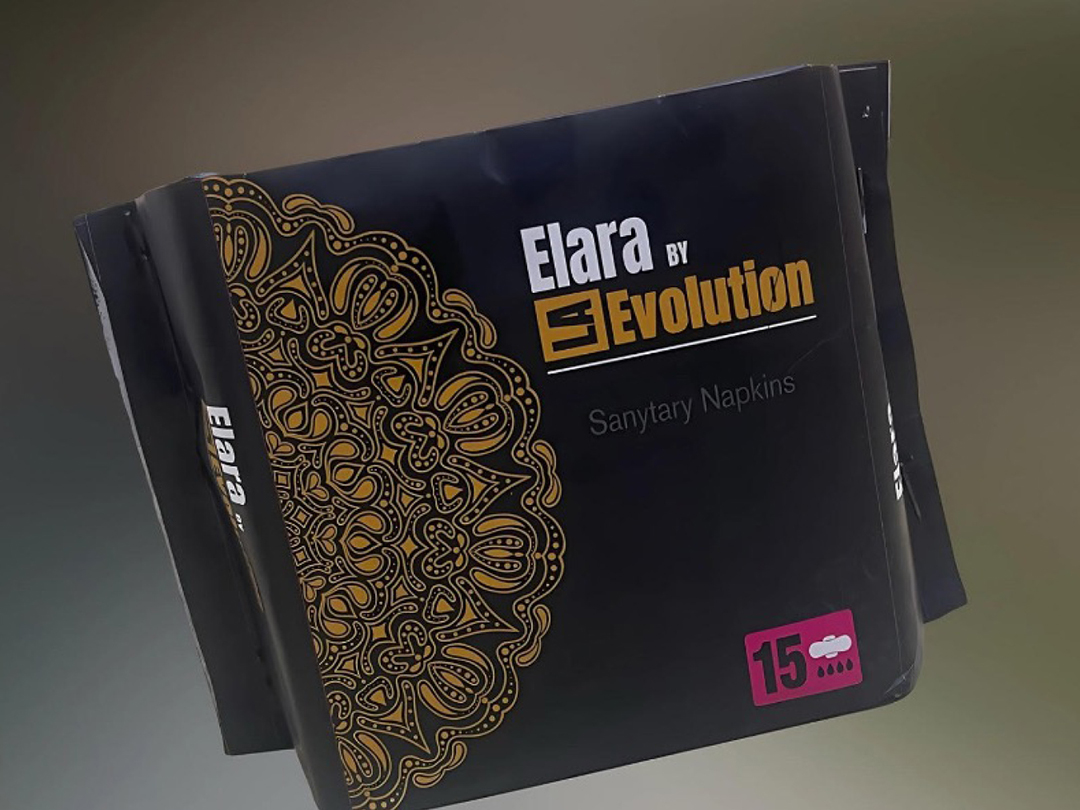
Where Education Begins with Access: ELARA’s Mission Across Asia
In countless classrooms across Asia, a quiet but devastating interruption occurs every month. Adolescent girls, lacking access to menstrual products, are forced to stay home from school, missing up to five days of education each month. Over time, this absence snowballs: lower test scores, widened educational gaps, and in many cases, complete withdrawal from school.
The consequences are not abstract. They are measurable, visible, and long-standing. Yet for decades, menstrual health has remained one of the most overlooked factors in the broader conversation around poverty and education. A new initiative called ELARA, launched by the Saba Family Foundation, is confronting this problem directly, not with grand gestures or expensive campaigns, but with a simple, resolute product: sanitary pads.
ELARA is a new line of menstrual pads sold at cost, designed for girls and women in underserved communities across Asia and beyond. But it is more than just a product line. It is a social intervention wrapped in practical packaging. The Saba Family Foundation, led by businesswoman and philanthropist Dr. Malini Saba, is positioning ELARA as a direct answer to a glaring need, one often met with silence or stigma.
“When girls cannot afford necessities like sanitary pads, their education suffers,” Dr. Saba said. “They stay home, fall behind, and often drop out entirely. ELARA exists to break this cycle. By making these products genuinely affordable, we maintain dignity while removing a major barrier to education.”
Built for Access, Not Profit
What makes ELARA different is not just the intent behind it, but the structure supporting it. The pads are manufactured by La Evolution, a member of the Saba Group and a partner deeply embedded in the Foundation’s ecosystem. This means logistics, production, and quality control are all streamlined, minimizing costs without cutting corners. The result is a 90 percent biodegradable product that meets high health and safety standards, sold at a price point that does not exploit vulnerability.
Distribution will move through two channels: directly into schools and via local retailers. In doing so, the Foundation is working to reach girls both where they learn and where they live. Schools are being identified not just as places of education, but as community access points, vital in rural areas where retail options are limited or prohibitively expensive.
ELARA pads stand apart from commercial brands that typically prioritize margins. The initiative focuses instead on long-term accessibility and dignity, making quality menstrual care part of a girl’s everyday life, not a luxury or a risk.
From Tanzania to the Philippines: A Proven Model Expands
The initiative builds on the Foundation’s earlier work in Tanzania, where it collaborated with Comfycare12 to provide menstrual education and products to over 500 girls across 15 rural schools. That intervention led to an 86 percent drop in traditional, harmful coping methods, and school attendance rose to 90 percent. It was, in Dr. Saba’s words, “confirmation of what we already knew: when girls have access to proper menstrual products, they stay in school.”
ELARA is an expansion of that experience, but on a much larger scale. The Philippines, with its dense mix of urban centers and isolated rural communities, has been chosen as the launchpad. Early groundwork has already been laid through market research, identifying where products are needed most and how to get them there sustainably.
Teams have mapped supply routes, identified school networks, and developed pricing structures to match regional needs. Behind every box of pads is a carefully constructed supply chain that keeps costs low and distribution consistent. The products will be available to the public and hit store shelves by the end of August 2025, ensuring widespread access beyond the initial school distributions.
Changing Minds Alongside Habits
What sets this effort apart is that it does not end with the product. The Foundation understands that even when pads are available, stigma and misinformation can remain significant barriers. To combat this, ELARA will also deliver educational resources to schools. These materials will be accessible to both girls and boys, in an effort to normalize menstruation as a health topic rather than a source of shame.
This dual effort: providing both products and education, aims to address the deeper problem of how periods are perceived. In communities where menstruation is still taboo, open conversations can make a dramatic difference. Teachers and students will receive age-appropriate tools to create a more informed, accepting environment.
These efforts reflect a broader mission that has defined the Saba Family Foundation since its founding in 2002. Created by Dr. Saba with the goal of positively affecting one billion lives, the Foundation’s work spans nutrition, healthcare, education, and poverty alleviation. Women and girls remain at the heart of much of its outreach.
“The ability to manage your period with dignity should not be a privilege. It should not depend on where you live or how much money your parents have,” said Dr. Saba. “We are simply removing one of the most unnecessary roadblocks in a girl’s life.”
A Pocket-Sized Intervention with Global Stakes
There is something remarkably straightforward about the ELARA initiative. It meets girls where they are, sometimes literally, in a classroom in a remote province, offering them something small but essential. A pad. A moment of dignity. A chance to stay in school.
And that is the quiet power behind ELARA. It is not grand, loud, but it is necessary. With initial distribution that began in August, the Foundation will monitor how attendance shifts and how communities respond. Their feedback will shape how the program moves forward, country by country, school by school.
The fight for education often brings to mind books, classrooms, and teachers. But sometimes, it begins with a product that fits in a pocket and the belief that no girl should be left behind because of something she cannot control.